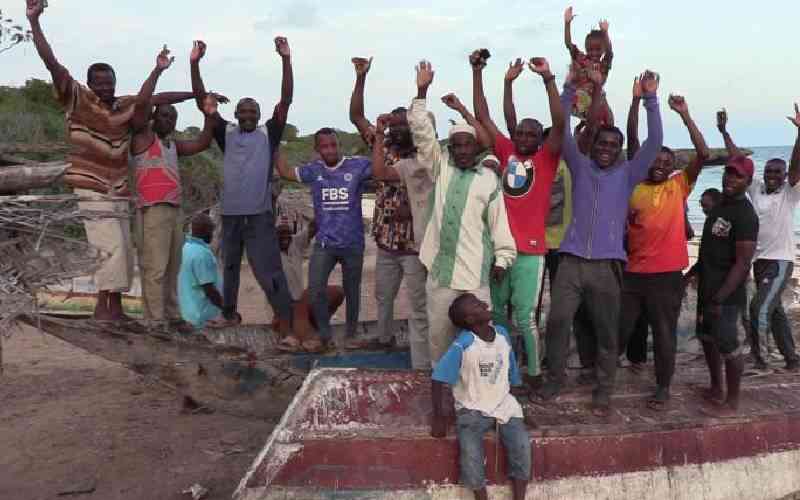×
The Standard e-Paper
Fearless, Trusted News

It is a tiny village south of Malindi town but is buzzing with fishing activities. The fishing village of Mayungu is famous for supplying fish consumed in the North Coast. But it is also infamous for the unending mistreatment of the stateless Pemba tribe by State officers.
Few minutes to 6am, about 50 boats are loaded with fishermen preparing to go out to work. Among them is 50-year-old Ali Said Kombo.